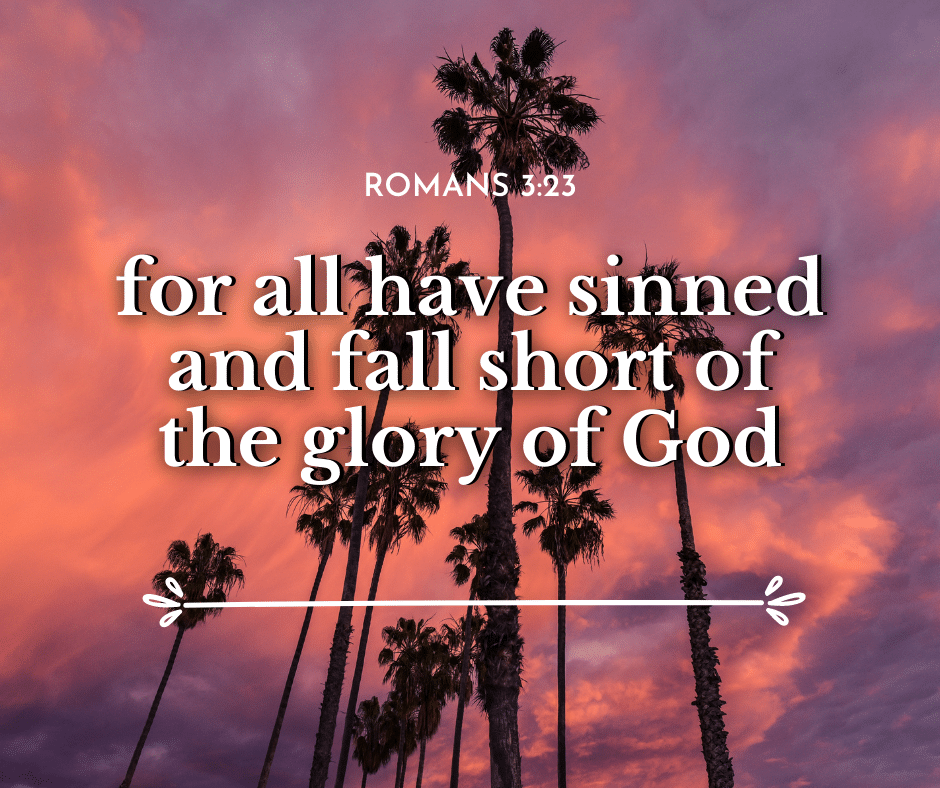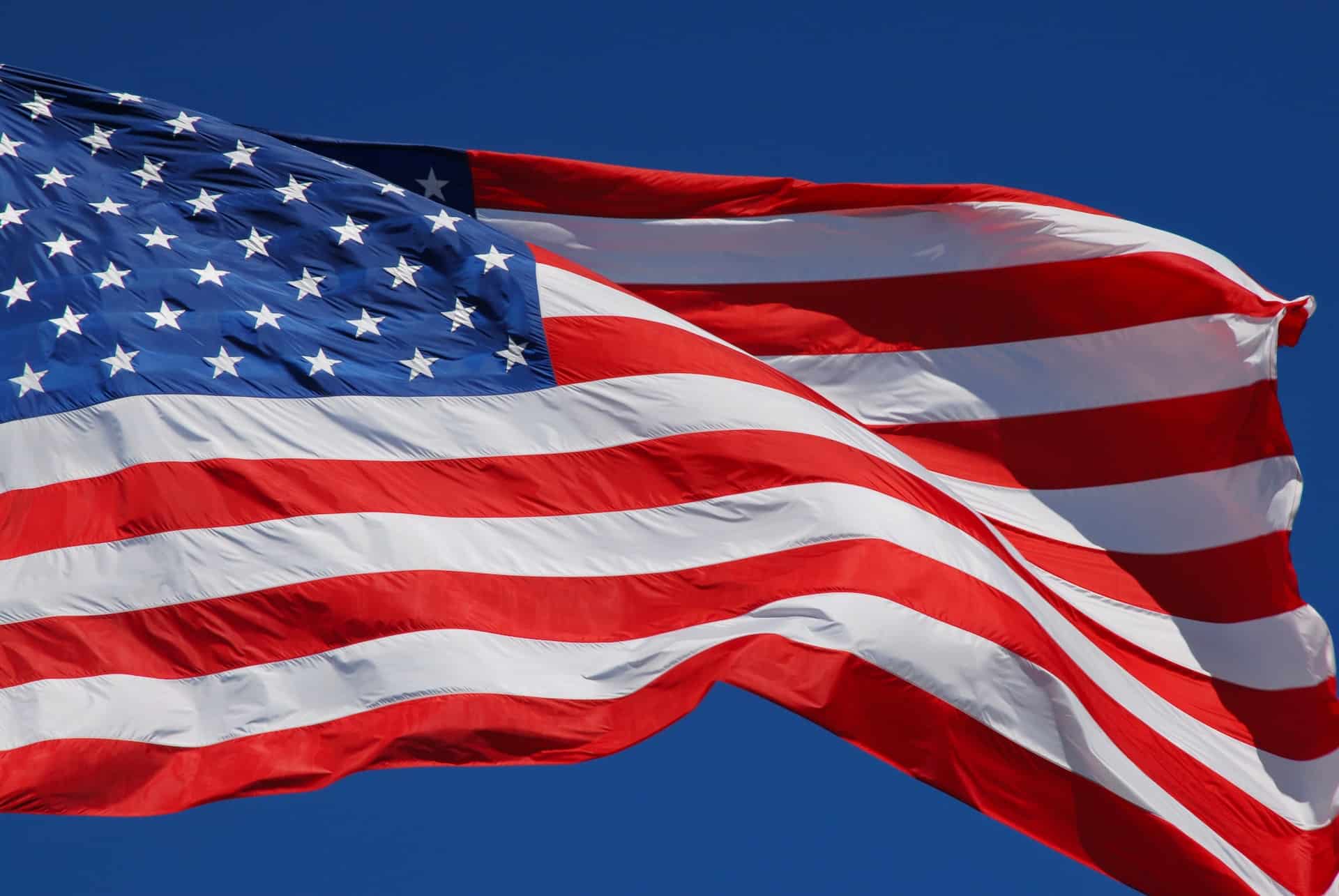Q&R with Brad Jersak – Does God “intervene”?
 Question
Question
I have read and studied your book, A More Christlike God. And I have a question that is tormenting me.
Part 1 of your book is very well done. It provides a strong and credible explanation for parts of the OT that don’t resonate with a Christlike image of God.
But in Part 2, I got hung up on what I interpret as your “noninterventionist God” theory. I’m happy to bid farewell to Calvinist doctrines. But I want to better understand your thesis and the implications. Are you saying that you believe that we have unlimited, unharnessed free will; that while God is not responsible for evil (or bad things happening), neither is God responsible for good (or good things happening); that God does not intervene in the physical world; that God (through Jesus and the Holy Spirit) is “there” for comfort and support but otherwise we are “on our own”?
If that is your thesis, help me understand the role of prayer. I think traditionally most Christians have prayed intercessory prayers. Are you implicitly saying that prayer for intervention must be limited to prayers for emotional support?
Response
Good questions. I think you raise many of the same concerns I address in my chapter on Participation.
As I warned in A More Christlike God, if we only arrive at a theology of divine consent, we become nothing more than Deists, imagining a silent, distant God whose “care” may be sentimental but finds no expression in this world … a divine watchmaker who leaves us to our own devices. This is why Paul’s vision of kenosis includes both self-emptying consent and all-in participation through which God’s supernatural love permeates and heals the universe, all revealed and unleashed at the Cross.
I think I explain that I’m using “intervention” in a very narrow sense, not to deny God’s participation in the world, but more specifically, as the breaking of natural law or the violation of human agency. The reason I go there begins with the reality of tragedy and evil in this world. God’s good creation has, from the beginning, been designed to establish the conditions for life and love. The condition for life is natural law (e.g. gravity and centrifugal force, oxygen and water, human conception, etc.). The condition for love is human agency (e.g. willing, reciprocal, other’s centered care). These conditions make the world habitable and beautiful.
But the shadow side of natural law is that gravity can kill you if you walk off a cliff or beneath a falling boulder. Tectonic plates can create earthquakes that generate tsunamis that wipe out villages. And the shadow side of human agency is that we can turn from love and use our choices for apathy or cruelty. Clearly, at that point, our will is no longer truly free. It’s not entirely bound to evil but has certainly become dysfunctional, vacillating between good and evil, love and selfishness, prone to screw up regularly. This isn’t a theological theory. It’s just life as we know it. I mean, watch the news or visit a refugee camp or pop into a children’s burn ward. Sh*t happens. Sh*t a good God could and should always actively prevent if he were a competent, non-arbitrary intervener. Yet God simply doesn’t … or in cases where God does appear to interfere, it only amplifies the problem. Why this thalidomide baby but not that one? Why this toddler pool drowning and not that one? Why leukemia … ever? Are God’s mercies arbitrary? To say that God “allows” it is not the best language, because it implies God sanctions some tragedies and vetos others. Unless, that is, God both allows everything AND personally participates in everything.
And this is where divine participation comes in. Has God left us to our own devices or even only emotional support? Absolutely not. I don’t think I’d be able to worship a God who claims to be compassionate but demonstrates no active caregiving in this broken world. Then how does he do so?
Citing Bishop Desmond Tutu, God participates in this world by mediating his love into this world through willing human partners. And by that, I don’t mean simply deferring or delegating the work to us. I’m talking about real partnership in which God energizes us with grace to be God’s hands and feet and heart in this world … and that includes feeding the hungry, caring for the sick, welcoming the marginalized, inviting his transforming grace through prayer …
So, when it comes to prayer, we’re not simply begging God to intervene (narrowly speaking, to circumvent natural law or coerce human choices). Rather, as we empty ourselves of ego, agenda and self-will (that’s kenosis), we also make space in our hearts and lives for supernatural love to do its work through us. In this model, divine love is neither magical nor unnatural. Rather, divine love is the highest law in the natural order … for Love created all things, fills all things and holds all things together. “His law is love and his gospel is peace.” Thus, what we describe as “miracles” are not acts of divine law-breaking coercion but the intersection of natural and supernatural law, where God’s “will is done on earth as in heaven.” This is what it means for humanity to [be the] image God on earth. How does the kingdom come? Through the race God created to straddle both realms.
So, I distinguish between intervention and participation. What’s the difference? The difference is the all-important factor of human surrender to God’s will. When we align ourselves to divine love, when we give ourselves to attention to God’s heart and voice, when we say our YES to God’s kingdom, Christ promises that we will in fact experience Abba’s parental care in this world. God does speak to our hearts, fills us with compassion, offers us comfort, provides wisdom and direction and sometimes even warns us. I avoid calling this intervention but it’s certainly real participation, both directly to our hearts and mediated through human instruments.
When we don’t see God’s activity as we had hoped for it, what happened? First, God is not to blame. God is good and all God does is goodness. In our broken world, what broke? How did it break? Who’s to blame when we experience sickness, disease, disability or accidents? Is it the perpetrator, the victim, the culture or random rolls of the dice? I don’t know. I can’t usually know. I know I’m not to blame others. But I can ask myself—where am I turning from love, where do I resist surrender, where am I failing to flow with the grace given me? And as best I can, I return to my YES and watch for God’s partnership.
Despite that, the human race has never been very good at letting go—of kenosis. Can you imagine how the world would be different if we all gave ourselves to cruciform love? As I say in A More Christlike Way (where I say much more on prayer), if the whole world only achieved the humble Christlikeness of my late friend, Anne Lawless … guess what: no more wars, no more murders, no more rapes, no more fraud, no more sexual assault, no more child abuse, and so on. But we’re not all like Anne … and even if we were, earth would still not be heaven and we’d still be broken. So, then what?
The good news is that Jesus Christ got kenosis perfectly. He nailed it, so to speak. The Passion of Christ was the apex of a life of unqualified human surrender to his Abba. From Gethsemane until he released his final breath, Jesus showed us what it is to be truly human and how self-giving love can set the world right. And in fact, the supernatural love released from his wounds is doing just that. “Behold, watch,” he says, “I make all things new.” As the Beloved Apostle John said, “The darkness is fading away and the true Light is already shining.” In the Incarnation, we see complete surrender and total participation of our deity and our humanity united in one Person. Church history tells us that Christ would promise Julian of Norwich, “All shall be well, and all shall be well, and all manner of things shall be well.” And this is our blessed hope.











 Plain Truth Ministries | Box 300 | Pasadena, CA 91129-0300
Plain Truth Ministries | Box 300 | Pasadena, CA 91129-0300

